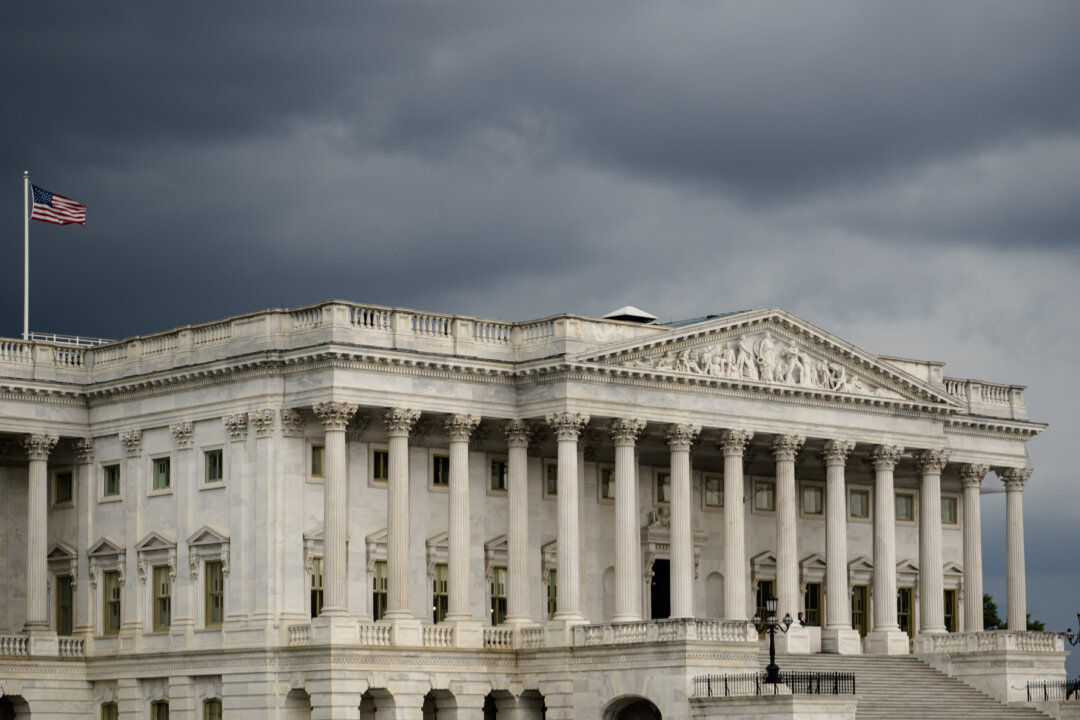In a pivotal decision, the United States Senate recently voted against measures aimed at blocking significant arms sales to Israel. This legislative action unfolded amidst growing international concerns regarding civilian casualties in the Gaza Strip and parallel diplomatic efforts by key Western nations to recognize Palestinian statehood, underscoring the complex geopolitical landscape of the Middle East.
The Senate’s July 30th vote saw the rejection of two resolutions championed by Senator Bernie Sanders, an independent aligning with Democrats. These resolutions sought to halt the export of substantial weaponry, including precision-guided munitions and bunker buster bombs, to Israel. Both motions failed decisively in the 100-member chamber, reflecting a deeply divided stance within the US legislature on military aid to its key Middle Eastern ally.
Senator Sanders passionately argued that American taxpayer dollars were being misused, citing concerns over the humanitarian crisis in Gaza. He criticized the current Israeli government’s actions, asserting that US aid contributed to the suffering of civilians, including children, and the destruction of essential infrastructure like schools, advocating for a reevaluation of the arms sales given the dire circumstances.
Conversely, Senator Jim Risch, a Republican and ranking member of the Senate Foreign Relations Committee, staunchly opposed Sanders’ resolutions. Risch characterized the motions as misguided, contending that their adoption would undermine America’s steadfast support for Israel and potentially reinstate what he described as failed policies from the previous administration, thereby destabilizing the region.
Throughout the ongoing conflict, Israel has consistently maintained that its military operations are meticulously conducted to target Hamas operatives and infrastructure, with explicit efforts to minimize harm to the civilian population in Gaza. This assertion remains a focal point of international debate, particularly concerning the proportionality of military responses and humanitarian impact.
Adding another layer to the intricate regional dynamics, several prominent Western nations have recently signaled their intention to formally recognize a Palestinian state. This move, spearheaded by European and North American allies, represents a significant shift in diplomatic posture, reflecting evolving perspectives on the path to lasting peace in the Israeli-Palestinian conflict.
French President Emmanuel Macron, for instance, declared on July 25th his country’s plan to officially announce the recognition of a Palestinian state at the upcoming United Nations General Assembly in September. Macron emphasized that this decision is a crucial step toward achieving an enduring resolution to the protracted Israel-Hamas war, aligning France with a growing number of nations advocating for a two-state solution.
Following France’s declaration, UK Prime Minister Keir Starmer indicated on July 29th that the United Kingdom would also recognize a Palestinian state by September, albeit with specific conditions. Starmer articulated that such recognition would be contingent upon Israel agreeing to a comprehensive cease-fire and demonstrating significant improvements in humanitarian conditions within the Gaza Strip, underscoring the UK’s commitment to both Palestinian rights and regional stability.
Similarly, Canadian Prime Minister Mark Carney affirmed his country’s readiness to recognize Palestinian statehood at the U.N. in September. Carney’s commitment, however, came with stipulations for the Palestinian Authority, including the necessity of electoral reforms by 2026 and a clear commitment to demilitarization, reinforcing Canada’s dual support for Israel’s security and a viable, independent Palestinian state.






Leave a Reply